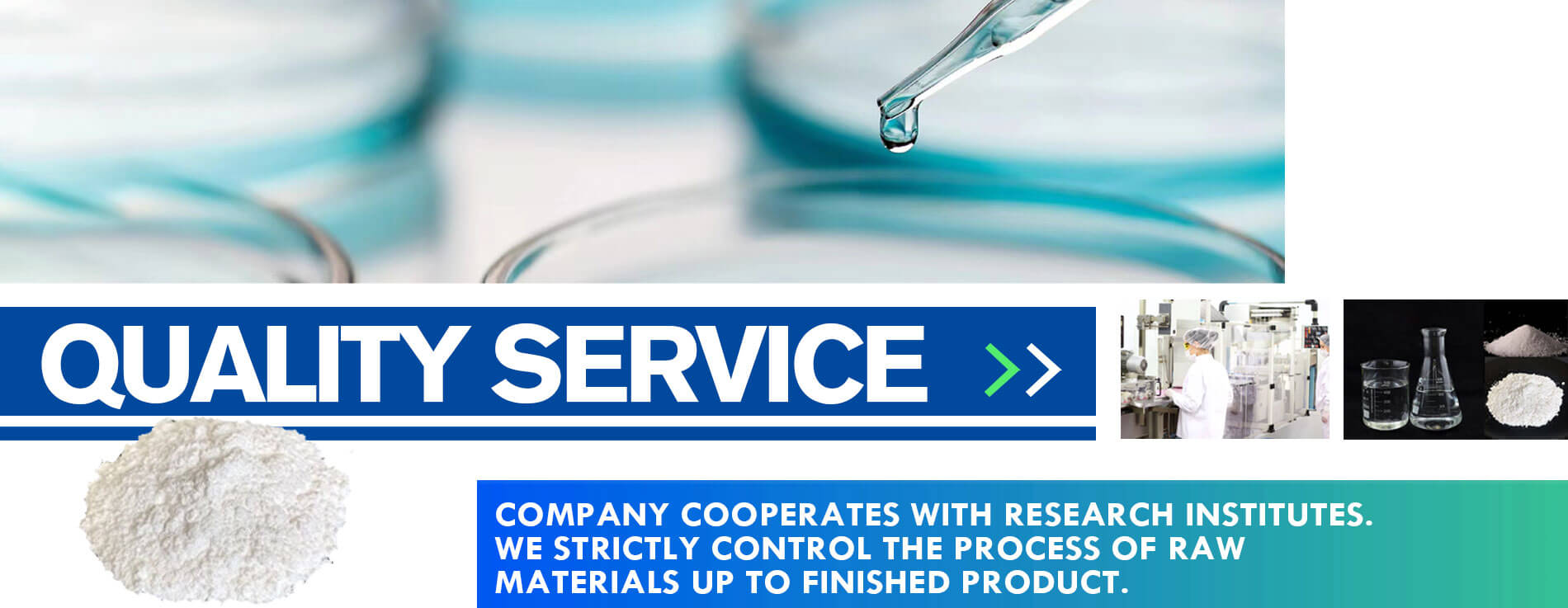As a leading Dimethyl Glutarate(DEGA) supplier, we deliver high-quality products across diverse grades to meet evolving needs, empowering global customers with safe, efficient, and compliant chemical solutions.
What are the common uses of Dimethyl Glutarate (DEGA)?
Dimethylglutarate (DEGA) is commonly used in a wide range of ways. In the chemical industry, it is often a raw material for organic synthesis. It has a specific chemical structure and can participate in a variety of chemical reactions to prepare various fine chemicals, pharmaceutical intermediates, etc. For example, through a specific reaction path, it can be converted into compounds with special functions, providing a key basis for the development of new pharmaceutical agents in the pharmaceutical field.
In the field of materials science, it also has its uses. It can be used as a plasticizer and added to polymer materials to improve the flexibility and processing properties of materials. Make plastic products more flexible and durable, broaden their application scenarios, and play an important role in packaging, building materials and other industries.
Furthermore, in the fragrance industry, dimethylglutarate (DEGA) can be used to prepare fragrances due to its unique odor characteristics, imparting a unique aroma to perfumes, air fresheners and other products, adding to the attractiveness of the product.
In addition, in some research experiments, as a stable chemical reagent, it can be used as a medium for specific chemical reactions, or as a standard material for analytical testing, helping researchers to accurately determine and study the properties and reaction laws of related chemicals.
All of these are common uses of dimethylglutarate (DEGA) and are of great value in various industries.
What are the physical properties of Dimethyl Glutarate (DEGA)?
Dimethylglutarate (DEGA) has various physical properties. It is a colorless to light yellow transparent liquid, which looks clear and translucent, like the purity of a clear spring.
In terms of smell, it is almost odorless, and the smell is not pungent or special odor. It is quiet and mild. Its boiling point is quite considerable, about 200 degrees Celsius, and it can be converted into a gaseous state at higher temperatures. This property allows it to exist stably in a liquid state at ordinary temperatures.
The melting point is relatively low, and it is rarely found in a solid state at low temperatures. Compared with water, the density is slightly heavier than water, but the difference is not huge. Its solubility is also significant, and it can be soluble with many organic solvents. In alcohols, ethers and other solvents, it can be uniformly mixed, just like water emulsion blending.
And its viscosity is moderate, when flowing, it is smooth and has a certain cohesion, and it is not too viscous and stagnant, nor is it too thin and difficult to control. The vapor pressure is low, and at room temperature, the volatilization rate is slow, which can better maintain the stable state of the liquid.
The physical properties of the dimethyl glutarate (DEGA) mentioned above make it suitable for applications in many fields, and it is also an important substance in the chemical, materials and other industries.
What are the chemical properties of Dimethyl Glutarate (DEGA)?
The chemical properties of dimethylglutarate (DEGA) can be investigated. This is an organic compound with the general properties of esters.
Looking at its physical properties, it is usually a colorless to light yellow liquid with a mild odor. Physical parameters such as its boiling point, melting point and density are quite important in the consideration of organic synthesis. The boiling point allows us to know its gasification temperature, the melting point indicates the degree of solid-liquid transformation, and the density helps to measure and mix accurately.
When it comes to chemical activity, the ester group is its key reaction check point. It can react with many nucleophiles, and hydrolysis is a common change. In acidic or alkaline environments, dimethyl glutarate can be hydrolyzed to produce glutaric acid and methanol. Alkaline hydrolysis is especially fast, because of the strong nucleophilicity of hydroxide ions, it can promote the cleavage of ester bonds.
complex can participate in the alcoholysis reaction, exchanging alkoxy groups with different alcohols, which is useful in the preparation of special ester compounds. And it can react with amines to form amides and alcohols. This reaction is also an important path for organic synthesis.
Its stability cannot be ignored. Under normal conditions, dimethyl glutarate is quite stable, and it is dangerous to burn or even explode in case of hot topics, open flames or strong oxidants.
In organic solvents, dimethyl glutarate has good solubility, which makes it an excellent medium for the construction of organic reaction systems and homogeneous catalysis. In short, dimethyl glutarate is rich in chemical properties and has important uses in organic synthesis, materials science and other fields.
What are the precautions for Dimethyl Glutarate (DEGA) in production?
In the production of dimethylglutarate (DEGA), there are various things to pay attention to. The first one is safety precautions. This substance is toxic and irritating to a certain extent, and appropriate protective equipment must be worn during operation, such as gloves, goggles, gas masks, etc., to prevent it from contacting the skin, eyes, or inhaling through the respiratory tract, causing damage to the operator's body.
Furthermore, it is related to storage conditions. Store dimethylglutarate in a cool, dry and well-ventilated place, away from fire and heat sources. Due to its flammability, there is a risk of combustion and explosion in case of open flames and hot topics. Therefore, the storage environment must be kept away from fire sources and high-temperature objects, and it should be stored separately from oxidants and acids. Do not mix storage to prevent dangerous chemical reactions.
In the production process, it is also crucial to accurately control the reaction conditions. Factors such as temperature, pressure, reaction time and the proportion of reactants all have a significant impact on the reaction results. If the temperature is too high or too low, or the reaction rate is abnormal, the product purity is not good; if the pressure is not properly controlled, or safety accidents are caused; if the proportion of reactants is unbalanced, it is difficult to achieve the expected production target.
In addition, quality monitoring is indispensable. From the input of raw materials to the output of finished products, every step needs to be strictly tested to ensure that the product quality meets the standards. The raw materials are not pure, or impurities are introduced, which affects the performance of the final product; during the production process, the reaction process and product quality should also be monitored at any time, so as to adjust the production parameters in time.
Equipment maintenance should also not be ignored. Regular inspection, cleaning and maintenance of production equipment to ensure the normal operation of equipment. Equipment failure may affect production efficiency and product quality, and even cause safety problems. Equipment hidden dangers such as pipeline blockage and valve leakage need to be investigated and repaired in time.
What is the market outlook for Dimethyl Glutarate (DEGA)?
Dimethylglutarate (DEGA), in today's market prospects, is quite promising. In the field of Guanfu Chemical Industry, this substance has a wide range of uses.
In industrial production, DEGA is often an important raw material. It can be used to synthesize various polymer materials. The resulting products have excellent properties and are used in plastics, fibers and other industries to make products have better toughness and stability. Therefore, with the vigorous development of these industries, the demand for DEGA is also on the rise.
In the field of coatings, DEGA can be used as a solvent or additive for coatings. With it, the leveling and drying speed of coatings can be improved, and the quality of coating films can be better. Today's construction, automotive and other industries have increasingly high requirements for paint quality, which is also an opportunity for DEGA to open up the market.
As for the fragrance industry, DEGA can participate in the preparation of different fragrances because of its unique chemical structure. With the pursuit of personalized and high-quality fragrances in the consumer market, DEGA may have more uses in the production of fragrances.
However, looking at its market, there are also challenges. The optimization of the production process is related to the quality and cost of the product. If more efficient and environmentally friendly processes can be developed, its market competitiveness will be enhanced. And the market competition is fierce, and all companies in the same industry are seeking this benefit. It is necessary to continuously improve product quality and expand the application field in order to occupy a place in the market.
In general, dimethyl glutarate (DEGA) has both opportunities and challenges in the market prospect. If we grasp it well, optimize production, and develop applications, we will be able to achieve great results in chemical and other related markets and usher in a broader development space.





